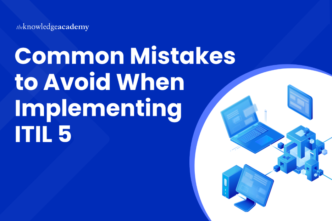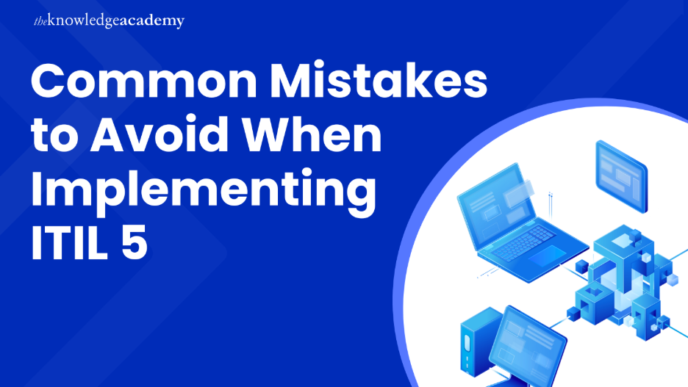March 2024 – Baltimore, Maryland, USA
In today’s AI-driven era, machine learning models are the backbone of predictive systems, recommendation engines, fraud detection frameworks, and more. But as these models grow more complex and embedded in real-world decision-making, a critical question continues to loom large: How do we trace, reproduce, and trust the data behind our AI systems?
In a compelling and timely research article titled “Data Versioning and Its Impact on Machine Learning Models,” Dr. Mohan Raja Pulicharla explores this very issue-putting the often-overlooked practice of data versioning into sharp focus and demonstrating how it holds the key to model stability, reproducibility, and long-term performance.
Understanding the Core Problem
Modern machine learning workflows involve iterative experimentation. Teams modify datasets, retrain models, and tweak parameters-often on a daily basis. However, without systematic version control of the data itself, it becomes nearly impossible to:
- Trace which dataset produced which result
- Reproduce a model training environment from the past
- Investigate performance degradation over time
Dr. Pulicharla’s research begins by clearly articulating this challenge, explaining how traditional machine learning operations (MLOps) prioritize code versioning and model tracking, while neglecting version control for the datasets themselves.
“Most production ML failures stem not from faulty models, but from untracked data changes that go unnoticed during retraining or inference,” Pulicharla writes.
Dr. Pulicharla’s Research Contributions
What sets this paper apart is its blend of theory, engineering practice, and empirical evidence. Dr. Pulicharla structures the paper around three pillars:
1. A Taxonomy of Data Versioning Techniques
The research introduces a structured classification of versioning methods, including:
- Snapshot-based versioning (capturing full datasets at regular intervals)
- Delta-based versioning (storing changes between versions to optimize storage)
- Record-level lineage tracking (allowing individual data points to be audited)
He explains each approach, compares their advantages and drawbacks, and identifies ideal scenarios where they can be deployed. This classification serves as a guide for practitioners choosing a versioning strategy tailored to their infrastructure.
2. Experimental Evaluation of Model Impact
To quantify the real-world impact of data versioning, Dr. Pulicharla conducts controlled experiments where multiple versions of a dataset are used to train the same model architecture.
The results are striking:
- A variation of up to 28% in model precision was observed when training on unversioned vs. versioned datasets.
- Models trained on improperly tracked data showed inconsistent predictions during A/B testing, especially in dynamic domains like user behavior modeling.
- Data drift was undetectable without historical snapshots, leading to silent degradation in live systems.
These findings reinforce the idea that consistent data tracking is essential for model reliability and accountability.
3. Architectural Blueprint for Scalable Data Versioning
Dr. Pulicharla then proposes a practical reference architecture that incorporates open-source tools such as:
- DVC (Data Version Control) for local and remote version management
- Delta Lake for ACID-compliant table versioning in cloud environments
- MLflow for coupling dataset versions with experiment metadata
The architecture includes automation workflows that trigger alerts when data versions change significantly or deviate from prior statistical baselines, enabling real-time monitoring and intervention.
Broader Implications of the Study
This research underlines that trust in machine learning must extend beyond the model-into the data itself. With AI systems now influencing decisions in healthcare, finance, logistics, and governance, being able to reproduce a model’s training conditions is not just best practice-it’s an operational necessity.
Pulicharla also emphasizes the risks of omitting version control:
- Inability to explain or justify outcomes during audits
- Conflicts in team collaboration where data evolves without traceability
- Model retraining failures due to mismatched input formats or schema changes
The paper concludes with a call to action: integrate data versioning as a default in MLOps pipelines, and elevate it to the same priority as code repositories and CI/CD pipelines.
With “Data Versioning and Its Impact on Machine Learning Models,” Dr. Mohan Raja Pulicharla delivers a deeply researched, practically grounded, and forward-looking study that addresses a blind spot in the current AI ecosystem. His work provides both conceptual clarity and technical solutions, offering engineers, data scientists, and architects a roadmap to build more transparent, auditable, and stable machine learning systems.
By shifting attention to the foundational layer of AI-the data itself-this research sets the stage for a more robust and responsible future in intelligent system design.












